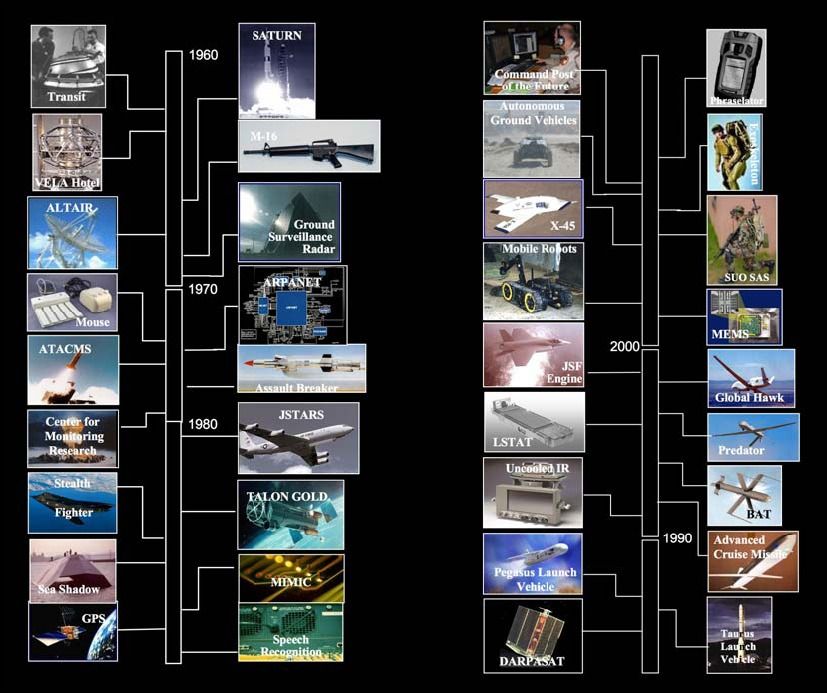May 3, 2009
Unknown internet 2: Could the net become self-aware?
Posted by Seb in category: robotics/AI
New Scientist
30 April 2009 by Michael Brooks
Yes, if we play our cards right — or wrong, depending on your perspective.
In engineering terms, it is easy to see qualitative similarities between the human brain and the internet’s complex network of nodes, as they both hold, process, recall and transmit information. “The internet behaves a fair bit like a mind,” says Ben Goertzel, chair of the Artificial General Intelligence Research Institute, an organisation inevitably based in cyberspace. “It might already have a degree of consciousness”.
Continue reading “Unknown internet 2: Could the net become self-aware?” »









